Israeli national carrier El Al will restart flights to Moscow on May 1 after a four-month pause, according to the company's official website.
The airline halted its Moscow route in late December 2024 following the downing of an Azerbaijani aircraft during a drone attack, which killed 38 people.
The plane was flying from Baku to Grozny in Russia's Chechen Republic before suddenly changing course and crashing on Dec. 25 near the city of Aktau in Kazakhstan.
The source revealed to Reuters that the Azerbaijani side possesses a fragment of a Russian Pantsir missile extracted from the crashed plane.
El Al said its decision to resume service came after "assessing the current situation" and holding discussions with authorities.
In 2022, Moscow closed its skies to airlines from 36 countries, including all 27 European Union members, in retaliation for Ukraine-related aviation sanctions.
While Israel condemned Russia's invasion of Ukraine and sent humanitarian aid to Kyiv, it has avoided direct economic measures against Moscow. Kyiv, in turn, expressed solidarity with Israel following the deadly attack by Hamas terrorists in October 2023.
Russia has lobbied for the easing of aviation restrictions. Foreign Minister Sergey Lavrov said on April 11 that Moscow had asked the U.S. to lift sanctions on its state airline, Aeroflot, but Washington had not responded.
Lavrov linked the potential restoration of direct U.S.-Russia flights to that decision.
"The Americans have taken it up, so far we have not seen any reciprocal step," Lavrov told state media TASS. "But we will work on it because this is a return to normality."
Ukrainian officials have warned against such concessions. In an April 30 opinion article for the Guardian, Presidential Office head Andriy Yermak argued that lifting aviation sanctions would hand Moscow both military and economic advantages.
Can Russia’s war machine survive without outside aid?
More than three years since the start of Moscow’s full-scale invasion of Ukraine, Russia’s defense industry has adapted to a new normal. Despite a web of international sanctions designed to cripple military production, factories across the country have been able to keep building bullets and shells, drones and military vehicles.

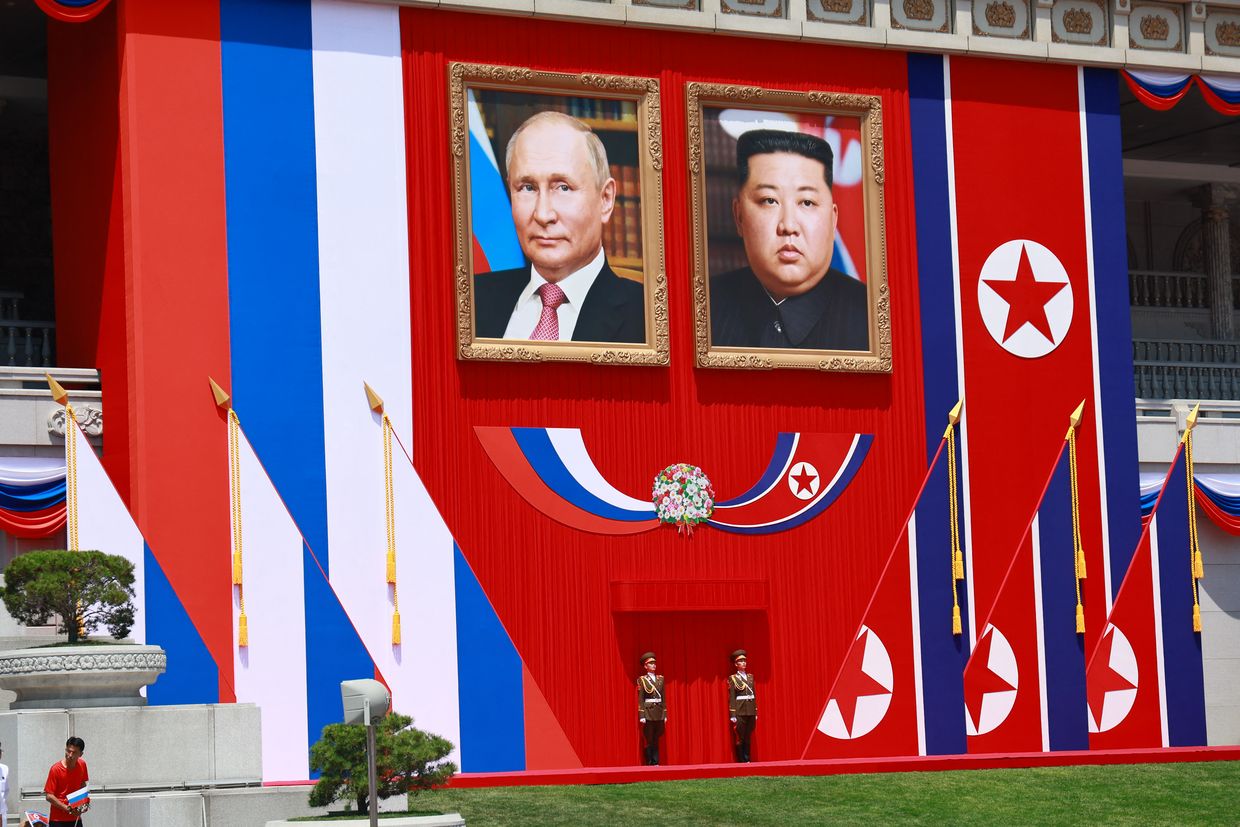
.png)
 German (DE)
German (DE)  English (US)
English (US)  Spanish (ES)
Spanish (ES)  French (FR)
French (FR)  Hindi (IN)
Hindi (IN)  Italian (IT)
Italian (IT)  Russian (RU)
Russian (RU)  4 hours ago
2
4 hours ago
2
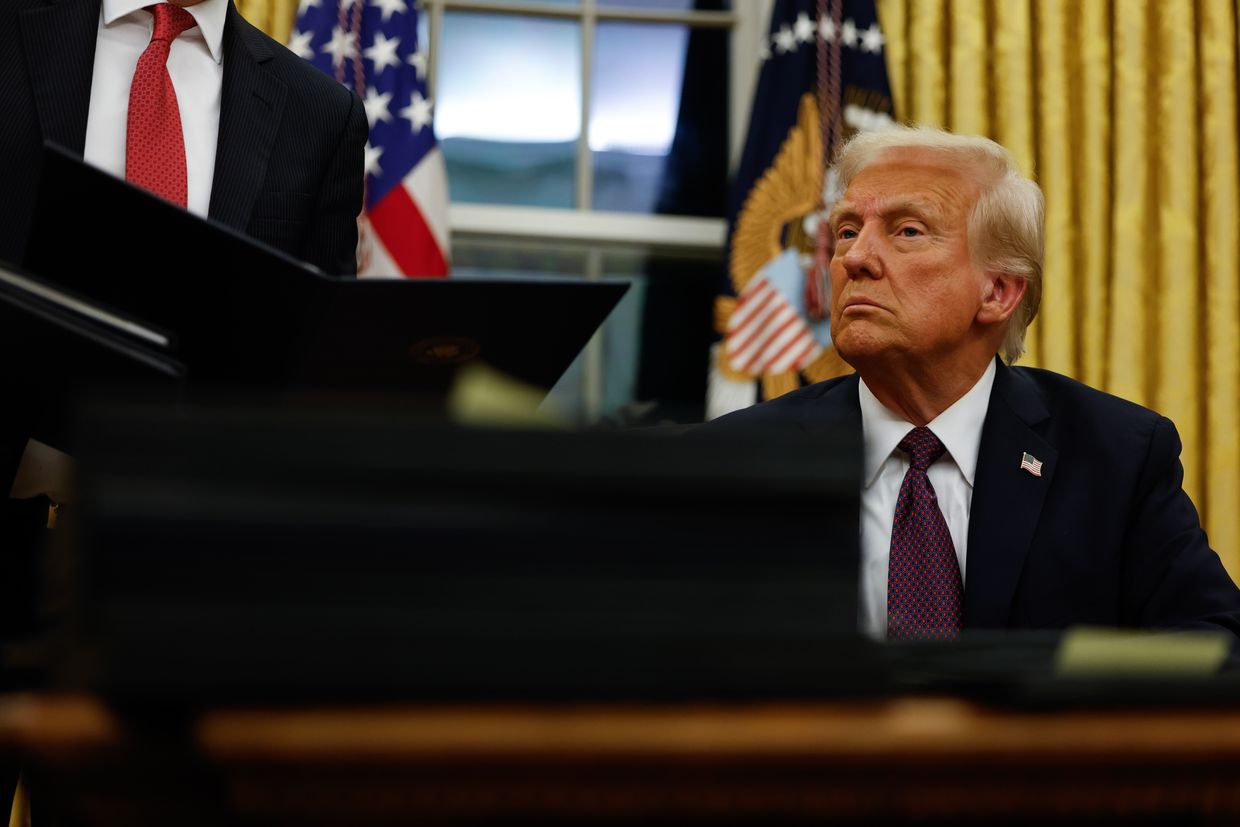
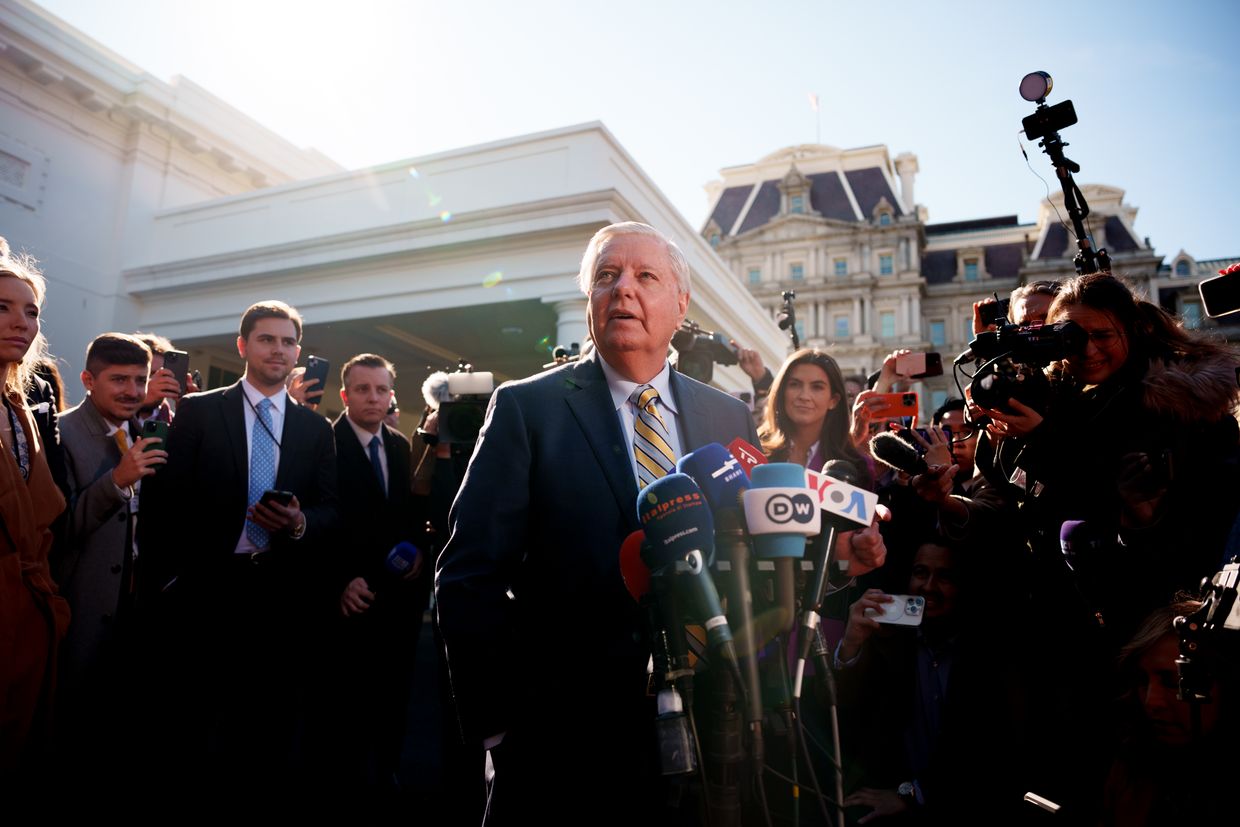
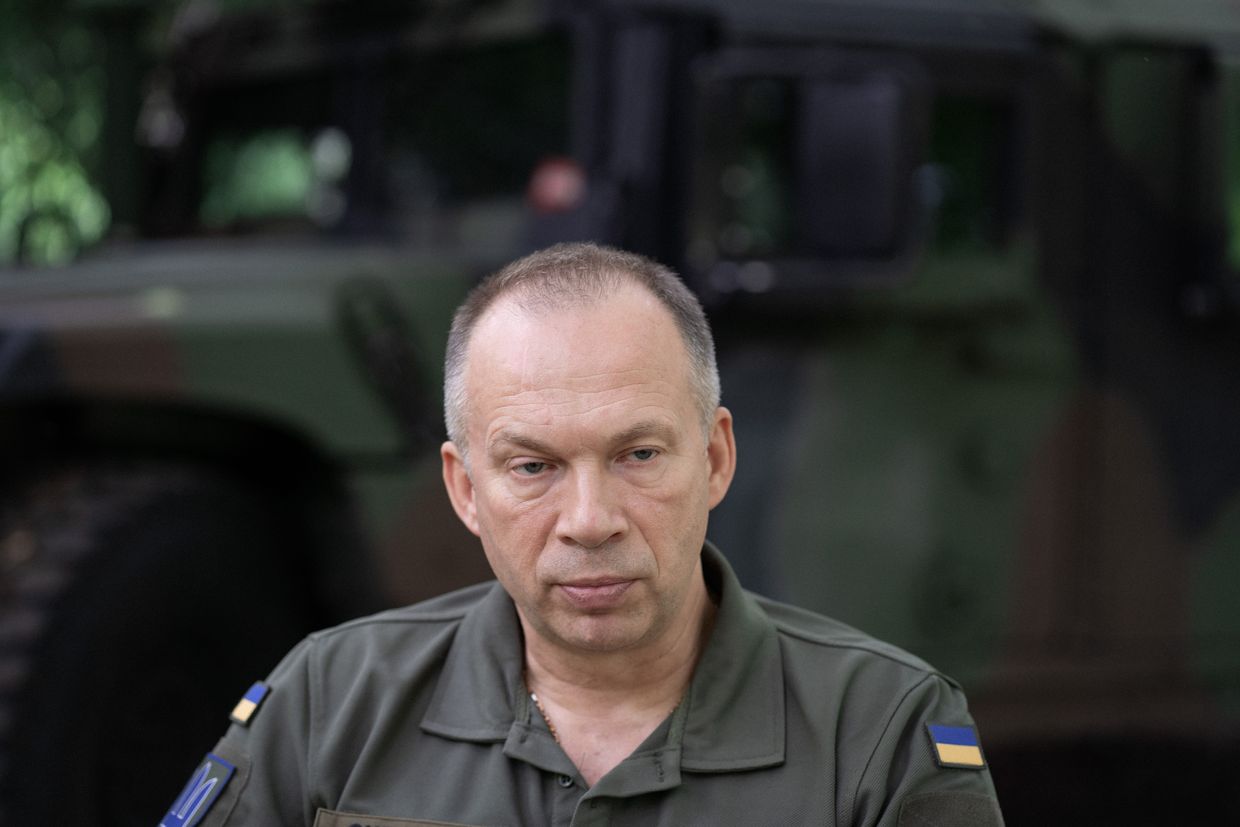
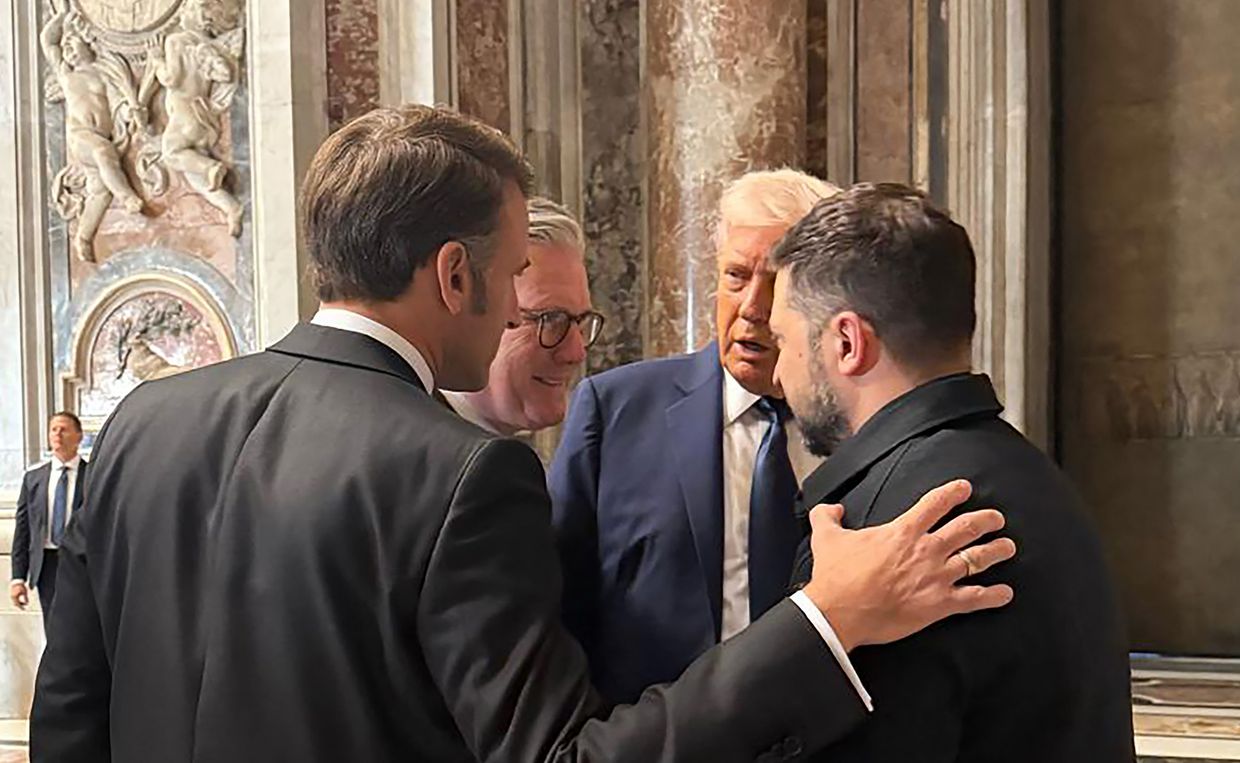




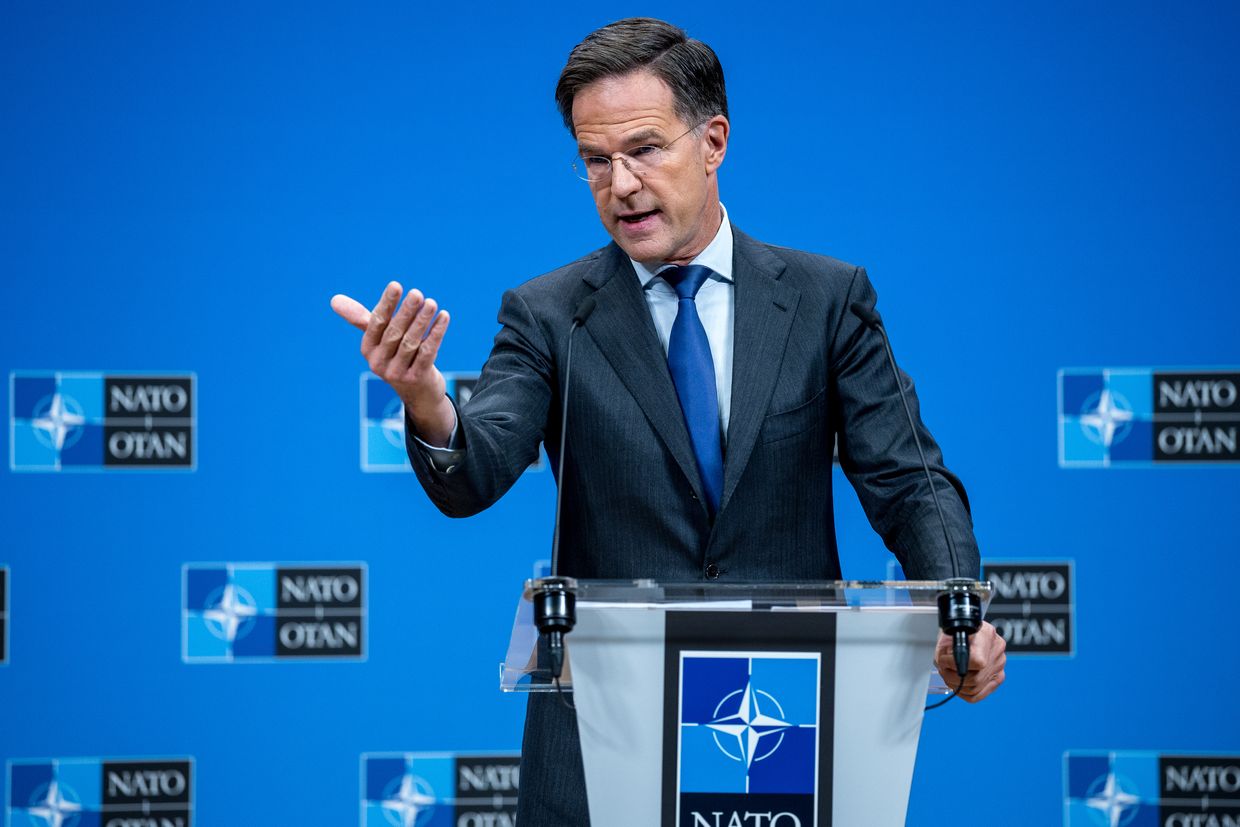
Comments